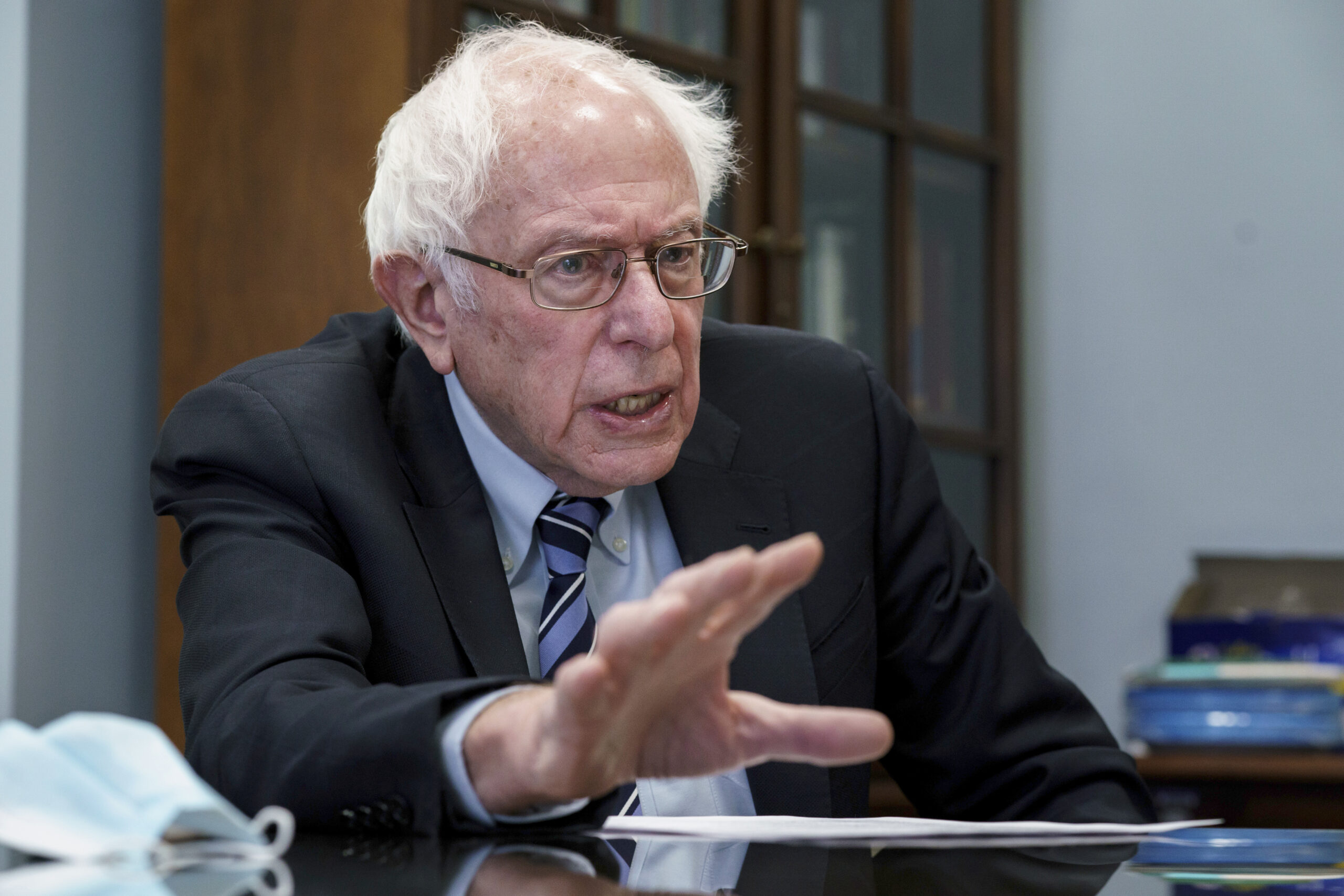
Senate health committee investigates inhaler manufacturers for high prices
Senate Democrats on the health committee are pressing inhaler manufacturers over their high US prices and how they’ve used the patent system to maintain exclusivity, according to letters sent to AstraZeneca, Boehringer Ingelheim, GSK and Teva on Monday.
Senate HELP committee chair Bernie Sanders (I-VT), alongside top Democrats Tammy Baldwin (WI), Ben Ray Luján (NM) and Ed Markey (MA), authored letters to AstraZeneca, Boehringer Ingelheim, Teva and GSK grilling the companies on why they charge between $200 and $600 for their inhalers. The senators assert that the four companies have manipulated the regulatory system to fend off generic competition and rake in more revenue.
“There is no rational reason, other than greed, as to why GlaxoSmithKline charges $319 for Advair HFA in the United States, but just $26 for the same inhaler in the United Kingdom,” Sanders said in a statement. “It is unacceptable that Teva is charging Americans with asthma $286 for its QVAR RediHaler that costs just $9 in Germany. It is beyond absurd that Boehringer Ingelheim charges $489 for Combivent Respimat in the United States, but just $7 in France.”
In the 13-page letters, the senators note that 20 million adults and more than 4.5 million children in the US live with asthma, and 16 million adults have chronic obstructive pulmonary disease.
Inhaler manufacturers for years have maintained exclusivity by successively releasing new inhaler products that differ slightly from previous versions, disqualifying previous authorized generics.
But GSK switched it up last year when it announced plans to discontinue the brand-name version of its asthma medication Flovent and focus solely on its authorized generic, conveniently coming ahead of the Medicaid rebate cap lifting Jan. 1 of 2024.
The senators give the companies until Jan. 22 to respond to questions about how they set their inhaler prices.
Specifically, the senators ask for details on the volume and cost of goods sold and the revenue generated by payer type. They also ask for prices paid by each of the 10 largest commercial health plans and the five largest pharmacy benefit managers.
Details on patient assistance programs and information on their patents listed in the Orange Book are also included in the requests.
And they press the pharmas for more information related to their switching to updated versions of their inhalers — from AstraZeneca’s Pulmicort Turbuhaler to its Pulmicort Flexhaler, Teva’s QVAR to its QVAR RediHaler, and GSK’s Flovent Diskus to Arnuity Ellipta.
“GSK has been a decades-long leader in bringing innovation to respiratory medicine underpinned by a fair and robust patent system,” a GSK spokesperson wrote in an email to Endpoints News. “We continue to be committed to making our products broadly accessible to the patients who need them and we will work with the HELP Committee to address its concerns.”
A Boehringer Ingelheim spokesperson wrote in an email to Endpoints that there are many reasons why there are few manufacturers of inhalers and other drug-device combination productions, adding that they’re more costly and complex to manufacture than pills and other small molecule drugs.
“Contrary to what is presented in the Health, Education, Labor and Pensions (HELP) Committee’s letter, on average, we provide discounts and rebates of 70 percent off the list price of our inhaler products to insurers, pharmacy benefits managers and other parties,” they wrote. “Unfortunately, these discounts rarely get passed along to the patient. We also provide products free to eligible patients through our patient assistance programs.”
Further, the spokesperson said Boehringer Ingelheim complies with all federal laws and guidelines for patent listings.
AstraZeneca and Teva did not immediately respond to Endpoints News’ request for comment.
This story has been updated to include comment from Boehringer Ingelheim.